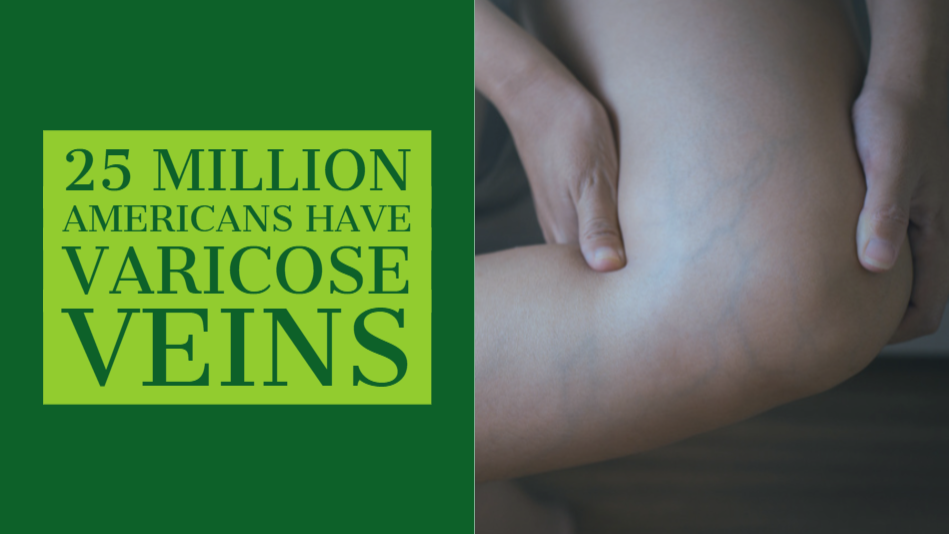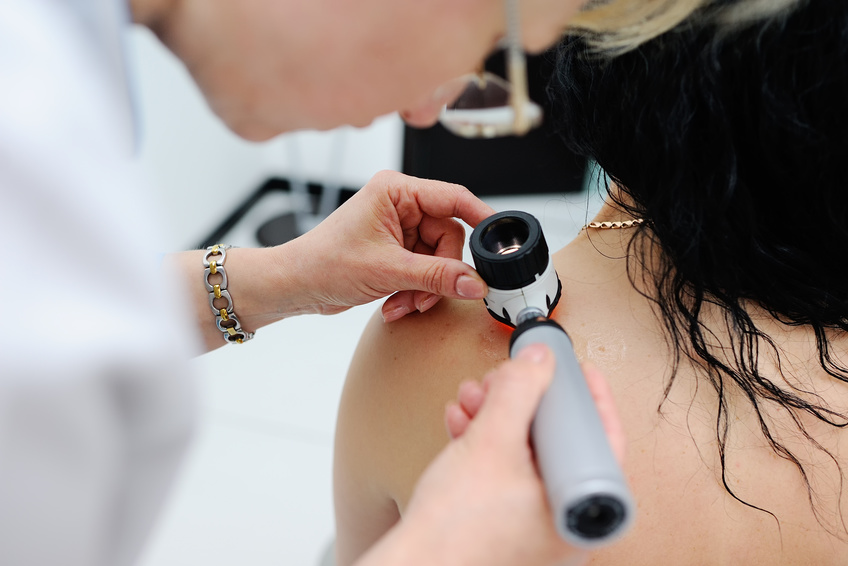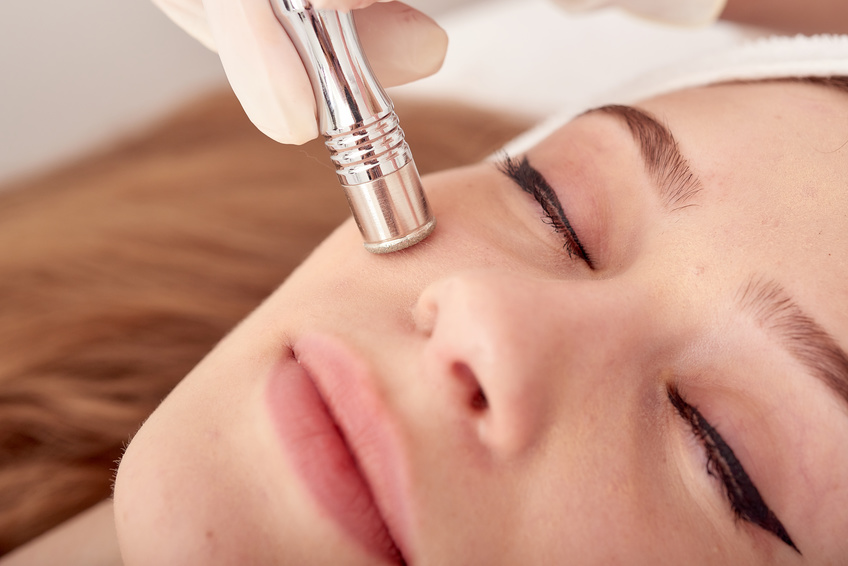Are Varicose Veins Killing You?
 If you are a medical dermatologist, chances are you know all about varicose veins. However, for the average person, other than sort of knowing what they look like, many people don’t know what these veins are or how they impact health.
If you are a medical dermatologist, chances are you know all about varicose veins. However, for the average person, other than sort of knowing what they look like, many people don’t know what these veins are or how they impact health.
Swollen, twisted veins that can be seen just under the skin are normally identified as varicose veins. While they can occur anywhere on the body, the most common place to see varicose veins are the legs. Because veins act as a pathway to keep blood flowing to and from the heart, it is very important to take vein health seriously. Varicose veins are quite common, and varicose therapy is available. Approximately 20 to 25 million Americans have these veins, according to the American Society for Vascular Surgery.
Like all medical issues, prevention is key when dealing with varicose veins. Everyone knows they don’t look good; you don’t need to be an aesthetician to understand that. However, if left untreated, these veins can cause serious health issues too.
Dangers of Untreated Varicose Veins
Swelling of the Legs:Pressure can build up in the veins, causing swelling. This swelling can cause pressure or a tingling sensation and if left untreated will restrict blood flow to certain areas of the lower extremities.
Skin Ulcers: Skin swelling can eventually lead to ulcers. If you have never had an ulcer, consider yourself lucky. Ulcers can be very painful and are difficult to deal with during day-to-day life.
Infection of the Skin: Because varicose veins cause the tissue to stretch and swell, it inhibits the body’s defense against infection. With an inhibited defense, bacteria that are normally present on our skin can cause cellulitis (an infection of the skin).
Excess Bleeding: You don’t have to be a doctor to know that excessive bleeding is bad. Because there is a larger amount of blood in varicose veins that sits right beneath the surface of the skin, a cut will bleed much more than normal. Additionally, even bruising can be worse because of the inhibited blood flow.
Increased Risk for Blood Clots: Blood clots can be extremely dangerous for both the heart and the brain. This is one of the most important reasons to get varicose therapy immediately — to reduce your risk of clotting.
Ways to Treat or Prevent Varicose Veins
Exercise Is King: In terms of both prevention and treatment, exercise is a great way to reduce varicose veins. Because regular exercise brings about better blood circulation, it moves along blood that has collected in the veins. Additionally, exercise lowers blood pressure which helps prevent varicose. If you are new to exercise or haven’t exercised in a while, consider starting with low impact activities such as swimming, hiking, or yoga.
Use Compression Stockings: By applying pressure to the legs, compression stockings can help improve circulation and reduce varicose. They have also been shown to help with the pain associated with varicose. These are easily available online or in pharmacies.
Food Choices: It’s no secret that the food you eat plays a huge role in your health. Whole foods and a mostly plant-based diet can help tremendously with preventing varicose as well as reversing its symptoms. Specifically, look for potassium-rich foods such as almonds and reduce sodium intake by avoiding salty foods.
Elevate the Legs: If you are currently suffering from varicose veins, elevating the legs can be a great way to help alleviate the pain. Ideally, your legs should be elevated to heart height or above as it will help improve circulation, which reduces pressure in the leg veins. If you will be sitting for extended periods of time, do what you can to sit in a way to keep your legs elevated.
Massage Therapy: This doesn’t have to be professionally done or cost a lot of money. In fact, you can even self-massage your legs. Massaging affected areas will help increase blood flow. However, while massaging, avoid direct pressure on the veins as this could damage the tissue.
When it comes to health, veins are important. They deliver blood all throughout our body. Make sure to take your health seriously, as it will greatly impact the quality of your life now and in later years.








No Comments
Sorry, the comment form is closed at this time.